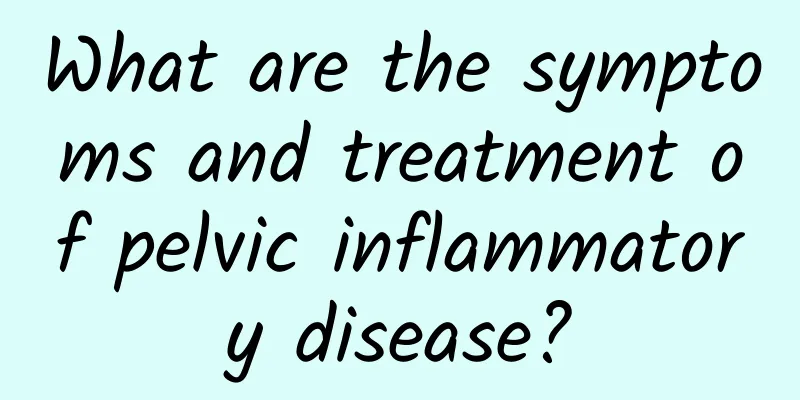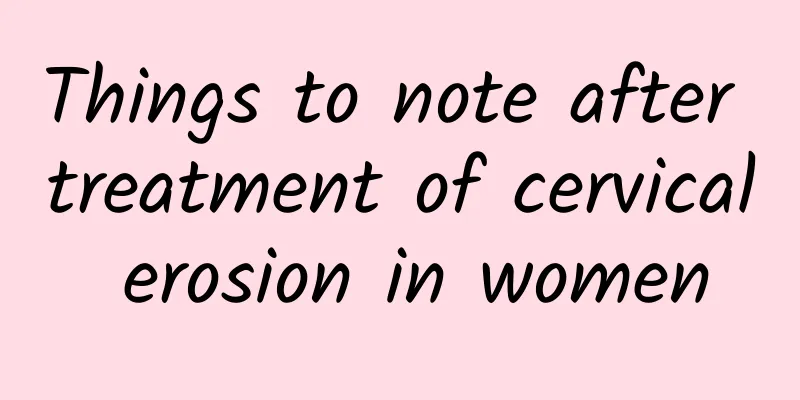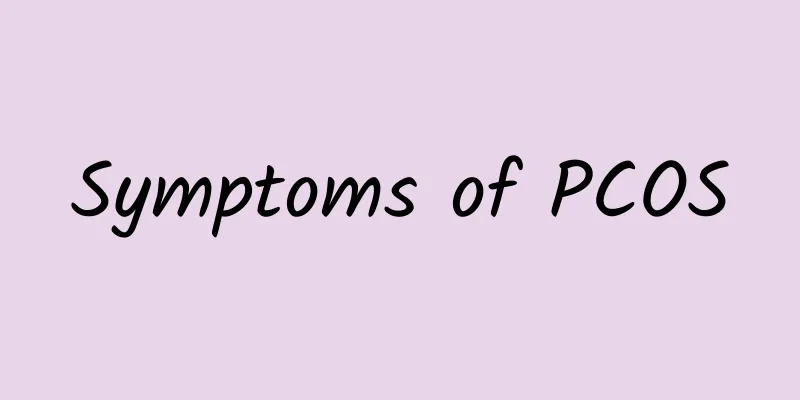What are the symptoms and treatment of pelvic inflammatory disease?

|
What are the symptoms and treatments for pelvic inflammatory disease? 1. If a woman suffers from pelvic inflammatory disease in her life, she will experience symptoms of lower abdominal pain, accompanied by fever, chills, etc. 2. At this time, if pelvic inflammatory disease is accompanied by peritonitis, symptoms such as nausea, vomiting, abdominal distension, and diarrhea may also occur. 3. At this time, if there is an abscess, the problems in the life of women with pelvic inflammatory disease are lower abdominal masses, local compression and irritation symptoms, such as bladder irritation symptoms and rectal irritation symptoms. 4. If you see a female patient with severe pelvic inflammatory disease at this time, the problems that will appear are sick appearance, high temperature, rapid heart rate, abdominal distension, lower abdominal muscle anxiety, tenderness and rebound pain. 5. For women with pelvic inflammation, if they seek medical attention at this time, the examination symptoms are vaginal congestion, burning, and a large amount of purulent secretions; pain in the posterior fornix and cervix; a slightly enlarged, soft, tender uterus with limited mobility; thickening, tenderness, and lumps in the adnexal area. The best treatment for pelvic inflammatory disease is: 1. General treatment: General treatment is actually for the relatively mild period. At this time, you need to pay attention to increasing daily exercise and rest to improve your body's resistance. During the mild treatment period, you also need to pay attention to psychological recovery. 2. Treatment with Chinese medicine: In fact, patients with pelvic inflammatory disease mainly have damp-heat type of body, so for the treatment of diseases like pelvic inflammatory disease, it is recommended to take some Chinese medicines that clear away heat, dampness and promote blood stasis in life, which is very helpful to improve physical constitution. 3. Other drug treatments: For the treatment of pelvic inflammatory disease, it is actually recommended to use anti-inflammatory drugs. However, for anti-inflammatory drugs, you still need to choose them after a physical examination and do not abuse them. 4. Physical therapy: Through benign stimulation of the lesion site, improve pelvic blood circulation, enhance metabolism and eliminate inflammation. The current methods are short-wave ion penetration and pelvic therapy device. |
<<: What are the reasons for irregular menstruation in girls?
>>: How to treat pelvic inflammatory disease
Recommend
What is the best medicine for treating cervical erosion in autumn? Women with cervical erosion are recommended to use these treatments
There are many drugs for treating cervical erosio...
Is uterine fibroid a benign tumor? Hysterectomy may be performed depending on the situation
The formation of uterine fibroids is often relate...
Pelvic effusion: Avoid spicy and cold food
Experts say that physiological pelvic effusion us...
Can women with cervical erosion use tampons? The harm of improper use of tampons by patients with cervical erosion
In life, sanitary napkins or tampons are good &qu...
Symptoms of adnexitis at different stages
The symptoms of adnexitis often appear after some...
Gain muscle, reduce fat and lose weight! Fitness experts teach you how to get rid of fat and get big thighs
If you want to lose weight successfully, eating l...
What discomfort does pelvic effusion cause?
What discomfort can pelvic effusion cause? Pelvic...
Share some experiences in treating miscarriage
There are many women sharing their experience in ...
Three tips for people who eat out to fight fat without worrying about food
"Foreigners, foreigners, eat out for all thr...
Typical symptoms of adnexitis
Adnexitis is a common gynecological disease in li...
What should you pay attention to in your diet after cervical precancerous lesions surgery?
We all know that cervical precancerous lesions ar...
Diagnosis of pelvic inflammatory disease
In today's society, the status of women is ge...
The culprit for elephant legs and butterfly sleeves is not oil, but "water"! Learn 3 quick emptying tricks
Do you wake up in the morning with a fatter face,...
What happens if ovarian cysts cause amenorrhea?
What happens if ovarian cysts cause amenorrhea? O...
What are the valuable diagnostic bases for dysmenorrhea in Western medicine?
The diagnosis of dysmenorrhea in Western medicine...









